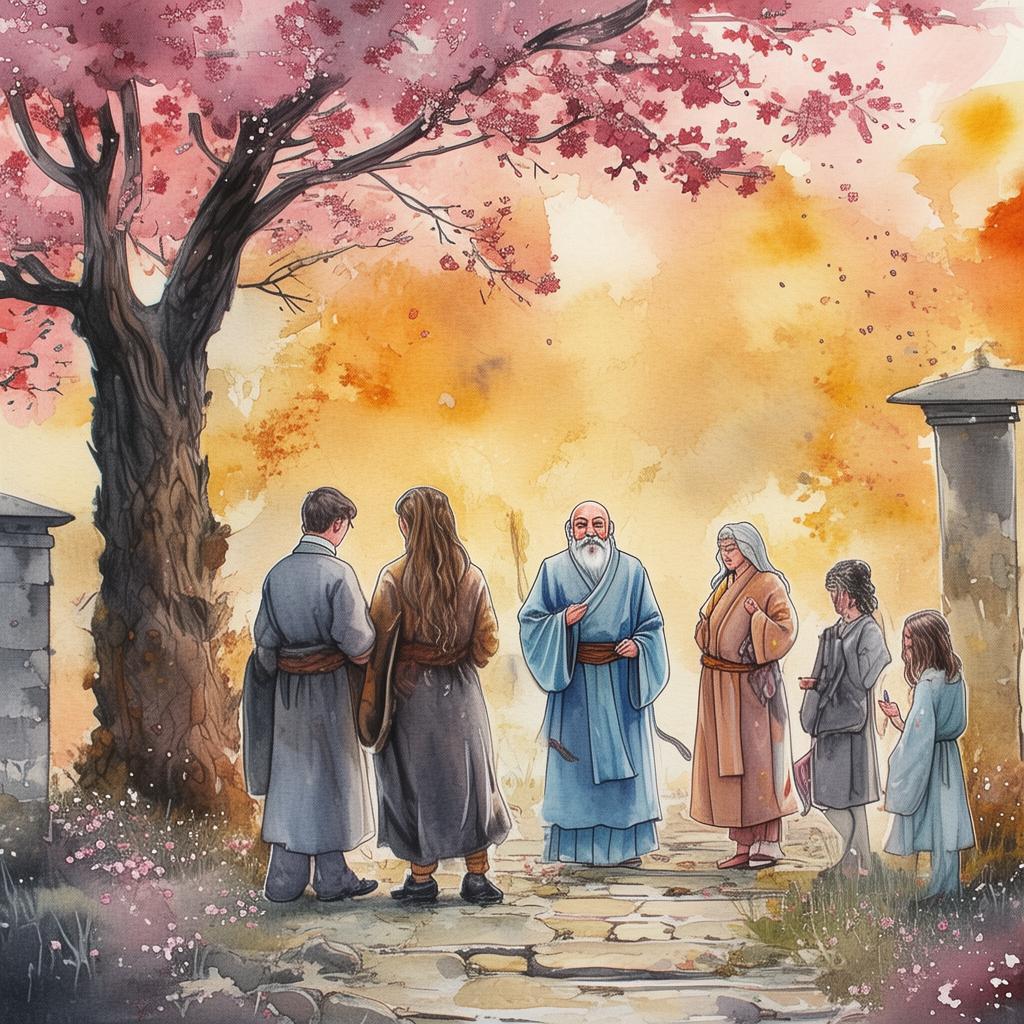The Rise and Fall of the Silver Screen Tycoon
In the golden age of Hollywood, the name of Marcus Van der Wyck was on everyone's lips. A visionary filmmaker, he had single-handedly turned the industry on its head with his groundbreaking movies. His films were a blend of art and commerce, captivating audiences and critics alike. Marcus was not just a tycoon; he was a legend.
The story begins in the bustling heart of Hollywood, where dreams were made and broken. Marcus, a man with a vision and a knack for storytelling, had started his career as a humble cinematographer. His passion for the craft was palpable, and he soon caught the eye of a powerful studio executive. With a stroke of luck and a bit of cunning, Marcus was handed his first directorial project.
His first film, "The Whispering Shadows," was a critical and commercial success. It was a tale of love, loss, and redemption, set against the backdrop of a mysterious mansion. Marcus' ability to weave emotion into every frame made the audience feel as if they were part of the story. His rise was meteoric, and he quickly became the most sought-after director in Hollywood.
As the years passed, Marcus' empire grew. He owned studios, production companies, and even a chain of theaters. He was the king of the silver screen, and his name was synonymous with success. But with wealth and power came its own set of challenges.
Marcus began to surround himself with sycophants and yes-men, losing touch with the creative spirit that had once driven him. He started to demand more and more control over his films, micro-managing every aspect of the production. His latest project, "The Last Sunset," was meant to be his magnum opus, but it was marred by his overbearing presence.
The film was a disaster. Critics lambasted it for its lack of passion and creativity. Audiences stayed away in droves, and Marcus' reputation took a nosedive. He was no longer the visionary filmmaker; he was just another tycoon with a failing empire.
As the silver screen began to change, with new technologies and audiences seeking different stories, Marcus found himself out of touch. He clung to the past, refusing to adapt. His studios were sold off, his theaters boarded up, and his name became a distant memory.

In his twilight years, Marcus was left alone, surrounded by the ghosts of his former glory. He realized that the true wealth and power in Hollywood were not the riches he had accumulated, but the love and respect of the audience. He had chased the silver screen's gold, but in the end, he had lost everything that truly mattered.
One night, as he sat in the dimly lit room of his old studio, Marcus looked at the photographs of his past successes. He smiled wryly, realizing that his downfall was not just the result of changing times, but his own failure to adapt. With a heavy heart, he closed the album and walked out into the night, leaving behind the legacy of a man who had once been the king of the silver screen.
The Rise and Fall of the Silver Screen Tycoon is a story of ambition, success, and the inevitable downfall that awaits those who chase the elusive gold of the silver screen. It is a tale that reminds us that true power comes from within and that the greatest wealth is found in the memories and the love we leave behind.
✨ Original Statement ✨
All articles published on this website (including but not limited to text, images, videos, and other content) are original or authorized for reposting and are protected by relevant laws. Without the explicit written permission of this website, no individual or organization may copy, modify, repost, or use the content for commercial purposes.
If you need to quote or cooperate, please contact this site for authorization. We reserve the right to pursue legal responsibility for any unauthorized use.
Hereby declared.









